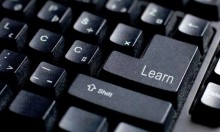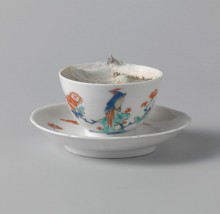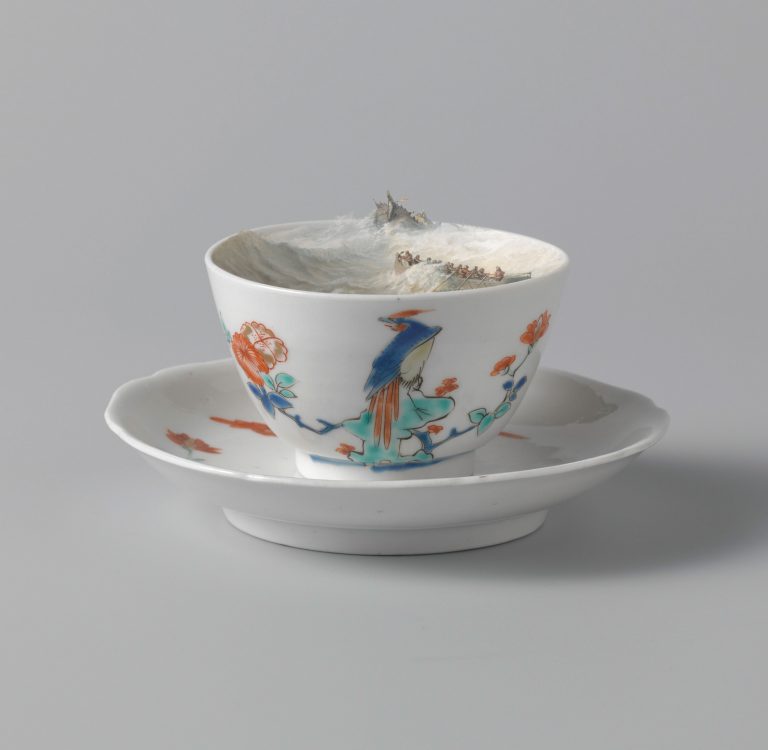How can we make better use of our digital heritage within other sectors? Expert speakers and discussions tried to find the answers.
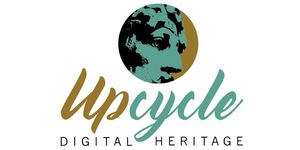 Over the past decades much effort has gone into the digitisation of our rich and varied cultural heritage, producing vast amounts of high quality digital data, ranging from images, video, sound and 3D. However, this valuable resource is not being fully exploited and repurposed for the benefit of many. By collaborating with several different sectors including: creative arts, community, tourism and education we can construct, reclaim, and reutilise cultural heritage data for a wide range of socially, culturally and economic activities.
Over the past decades much effort has gone into the digitisation of our rich and varied cultural heritage, producing vast amounts of high quality digital data, ranging from images, video, sound and 3D. However, this valuable resource is not being fully exploited and repurposed for the benefit of many. By collaborating with several different sectors including: creative arts, community, tourism and education we can construct, reclaim, and reutilise cultural heritage data for a wide range of socially, culturally and economic activities.
This event explored some of the challenges and opportunities which are present in reusing digital heritage data with each section introduced by an international expert in this field, followed by discussion amongst the event attendees to explore potential solutions and opportunities.
The event was aimed at not only those in the cultural heritage sector but also those sectors discussed during the day. participants represented the sectors of Tourism, ICT, Community, Education, Enterprise, Arts.
Morning Session:
10:15 – Registration and refreshments
10:45 – Welcome and introduction
Anthony Corns (The Discovery Programme, Dublin)
11:00 – Creative Industries
How can we ensure that our digital heritage is exploited by new sectors and industries?
Introduction by Dr Antonella Fresa (Europeana Space Project) – 20 minutes
Followed by 40 minutes of discussion
12:00 – Communities
How can communities use digital technologies to make the most out of their heritage?
Introduction – Dr Stuart Jeffries (Glasgow School of Art/Digital Design Studio) – 20 minutes
Followed by 40 minutes of discussion
Afternoon Session:
14:00 – Tourism & Museums
How can utilise digital heritage to improve our experiential tourism products?
Introduction – Daniel Pletinckx (Visual Dimension bvba, Belgium) – 20 minutes
Followed by 40 minutes of discussion
15:00 – Education
How digital heritage be used to improve our understanding of the past?
Introduction – Dr Danielle O’Donovan (Irish Heritage Trust) – 20 minutes
Followed by 40 minutes of discussion
16:00 – Refreshments
16:10 – Summary, discussion and close
Speakers:
Antonella Fresa
ICT expert, General Director at Promoter Srl. Antonella has been working on European cooperation projects since 1994. Technical Coordinator and Communication Manager of several national and European projects in the domains of digitisation of cultural heritage, access and creative re-use of digital content, long-term digital preservation, smart cities, citizen science, e-Infrastructures and cloud technologies. From 2002 to 2012, advisor of the Italian Ministry of Cultural Heritage and Activities. From 1999 to 2002, Project Officer at the European Commission. Previously, researcher in the industry, and in particular at Olivetti in Pisa, Ivrea and at the Olivetti Advanced Technology Centre in Cupertino (CA, USA). She regularly serves as independent expert for evaluations and reviews by the European Commission and national research programmes. Enterprise Fellow at Coventry University. Project Manager of Digitalmeetsculture.net, the online communication platform powered by Promoter Srl.
Stuart Jeffrey
Stuart Jeffrey is Research Fellow in International Heritage Visualisation at the Digital Design Studio of The Glasgow School of Art. Stuart studied a combined honours degree in Computer Science and Archaeology at the University of Glasgow and completed his PhD in three dimensional modelling of early medieval sculpted stones in 2003, also at the University of Glasgow. Following posts with the West of Scotland Archaeology Service and subsequently as Deputy Director of the Archaeology Data Service, Stuart took up his current role with the GSA where his work covers all aspects of heritage visualisation and the use of new technologies to create records, analyse, interpret, re-interpret and represent every form of heritage from built to intangible. Current and recent research activities include major projects funded by the AHRC researching community co-production of archaeological research data (ACCORD), educational re-use of large 3D Heritage datasets (REVISIT) and the forthcoming Scottish Community Rock Art Recording Project in partnership with Historic Environment Scotland (SCRAP). Stuart is also co-director of an historical and archaeological research project with the National Trust of Scotland working on the isle of Staffa and Fingal’s cave in particular (HARPS). Stuart has published extensively on diverse topics in archaeology and computer science, including, medieval sculpted stones, archaeological informatics, community co-production, contemporary social value, visualisation techniques, digital preservation, digital authenticity, natural language processing, and the use of social media in archaeology. Stuart is a member of the Chartered Institute for Archaeologists and a fellow of the Society of Antiquaries of Scotland
Daniel Pletinckx
Daniel Pletinckx was trained as a civil engineer, with specialisation in information technology. He gained extensive experience in system design, quality assurance, digital image processing and synthesis, 3D and virtual reality through a career of 15 years in private industry. Currently, Daniel Pletinckx is director of Visual Dimension bvba, a SME dealing with ICT based innovation in cultural heritage, education and tourism. Visual Dimension specialises in new, efficient ways for creation of and interaction with 3D digital heritage assets. The company has been active in European projects, such as the European Network of Excellence V-MusT.net that focuses on virtual and digital museums, and 3D-ICONS that provides 3D content of World Heritage monuments and sites through Europeana.
Danielle O’Donovan
Danielle holds a Ph.D. in Architectural History and an M.Sc. in Information Technology from Trinity College Dublin. At the heart of Danielle’s experience is engaging people with art, architecture, history and heritage. Danielle has taught history of architecture at third level, she has worked as a tour guide for second, third level and elderly learners. She has designed learning in the historic environment for second and third level learners, both with and without the use of digital technology.
Engaging users with heritage through digital technology has formed a large part of Danielle’s experience in recent years. This has ranged from designing interactive maps and timelines, curating blogs, crowdsourcing intangible heritage stories from diverse audiences and sharing all of these in a meaningful way that places transaction (rather than transmission) at the core of people’s relationship with history and heritage
Organized by The Discovery Programme / CARARE/ FABLAB Derry
Wednesday, October 12, 2016 from 10:15 AM to 4:30 PM (BST)
Derry/Londonderry, United Kingdom
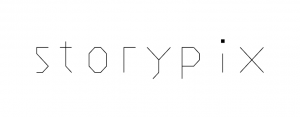
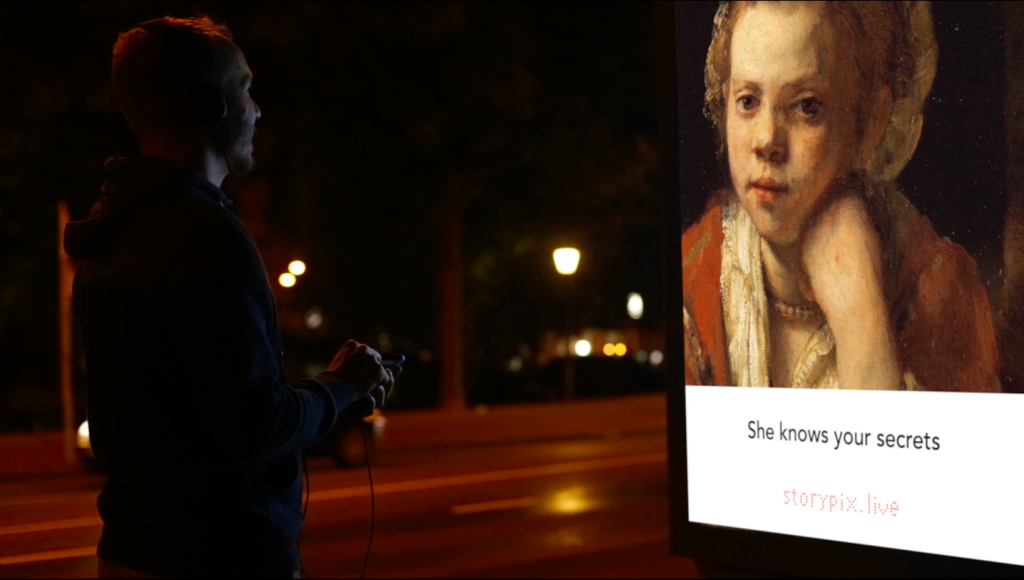
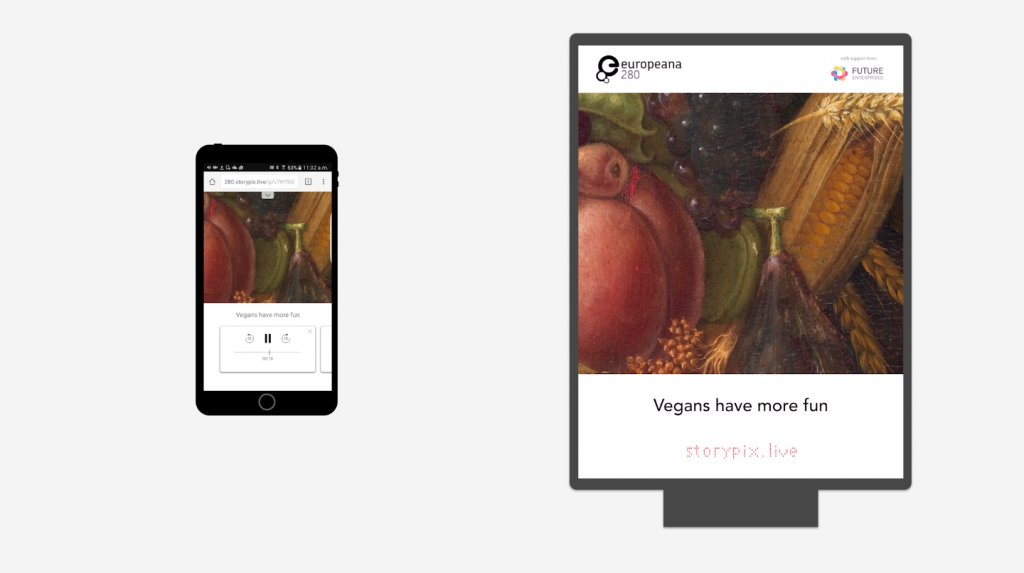
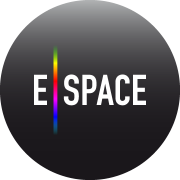 STORYPIX was one of the winner projects of the E-Space Hack Your Photo Heritage in Leuven (February 2016) and was further developed during the E-Space Business Modelling Workshop series.
STORYPIX was one of the winner projects of the E-Space Hack Your Photo Heritage in Leuven (February 2016) and was further developed during the E-Space Business Modelling Workshop series.

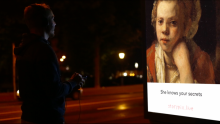
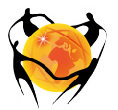


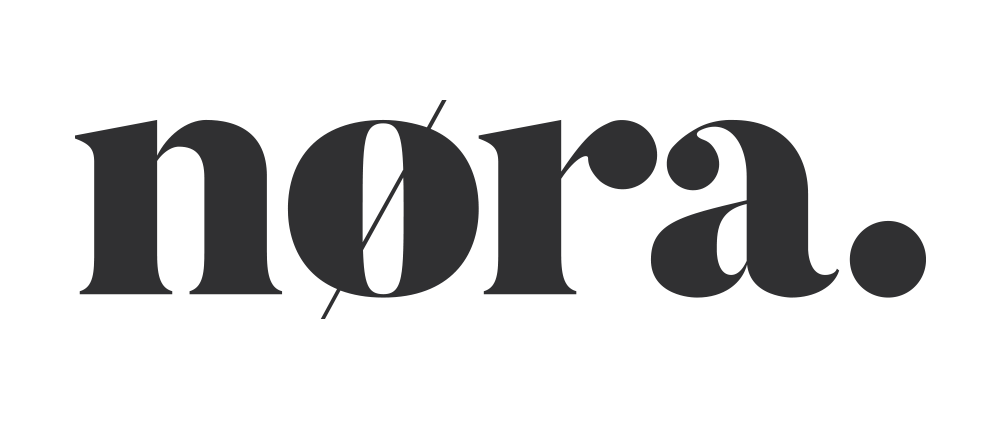
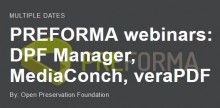


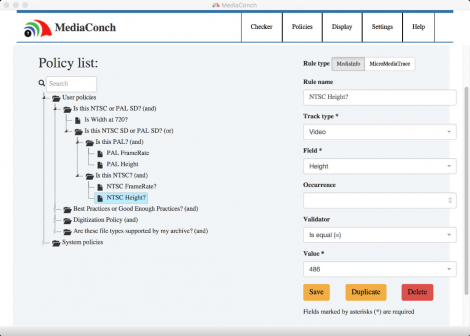
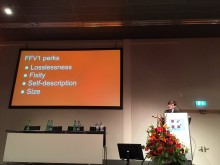
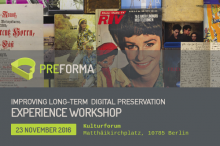
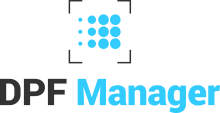

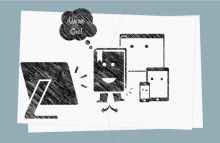
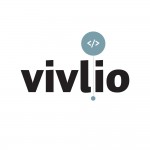 Books are utterly intriguing characters. They tell stories, share knowledge, make arguments, and they fondle, poke and jab our feelings. We love reading them because they let us become part of their stories and, in their turn, they become part of our understanding of the world. At Vivl.io, we work on refining the experience of reading and exploring books, focusing on what we consider one of the greatest cultural heritage: the literary classics.
Books are utterly intriguing characters. They tell stories, share knowledge, make arguments, and they fondle, poke and jab our feelings. We love reading them because they let us become part of their stories and, in their turn, they become part of our understanding of the world. At Vivl.io, we work on refining the experience of reading and exploring books, focusing on what we consider one of the greatest cultural heritage: the literary classics.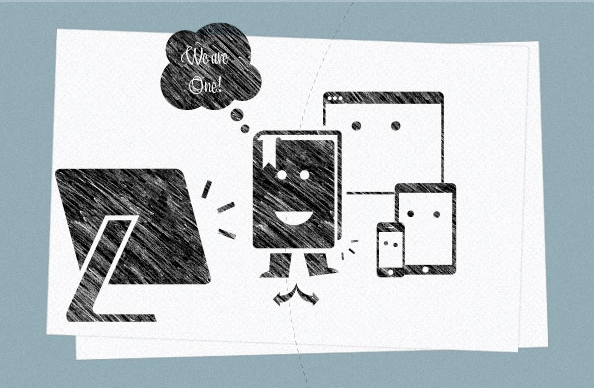
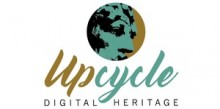
 Over the past decades much effort has gone into the digitisation of our rich and varied cultural heritage, producing vast amounts of high quality digital data, ranging from images, video, sound and 3D. However, this valuable resource is not being fully exploited and repurposed for the benefit of many. By collaborating with several different sectors including: creative arts, community, tourism and education we can construct, reclaim, and reutilise cultural heritage data for a wide range of socially, culturally and economic activities.
Over the past decades much effort has gone into the digitisation of our rich and varied cultural heritage, producing vast amounts of high quality digital data, ranging from images, video, sound and 3D. However, this valuable resource is not being fully exploited and repurposed for the benefit of many. By collaborating with several different sectors including: creative arts, community, tourism and education we can construct, reclaim, and reutilise cultural heritage data for a wide range of socially, culturally and economic activities.




